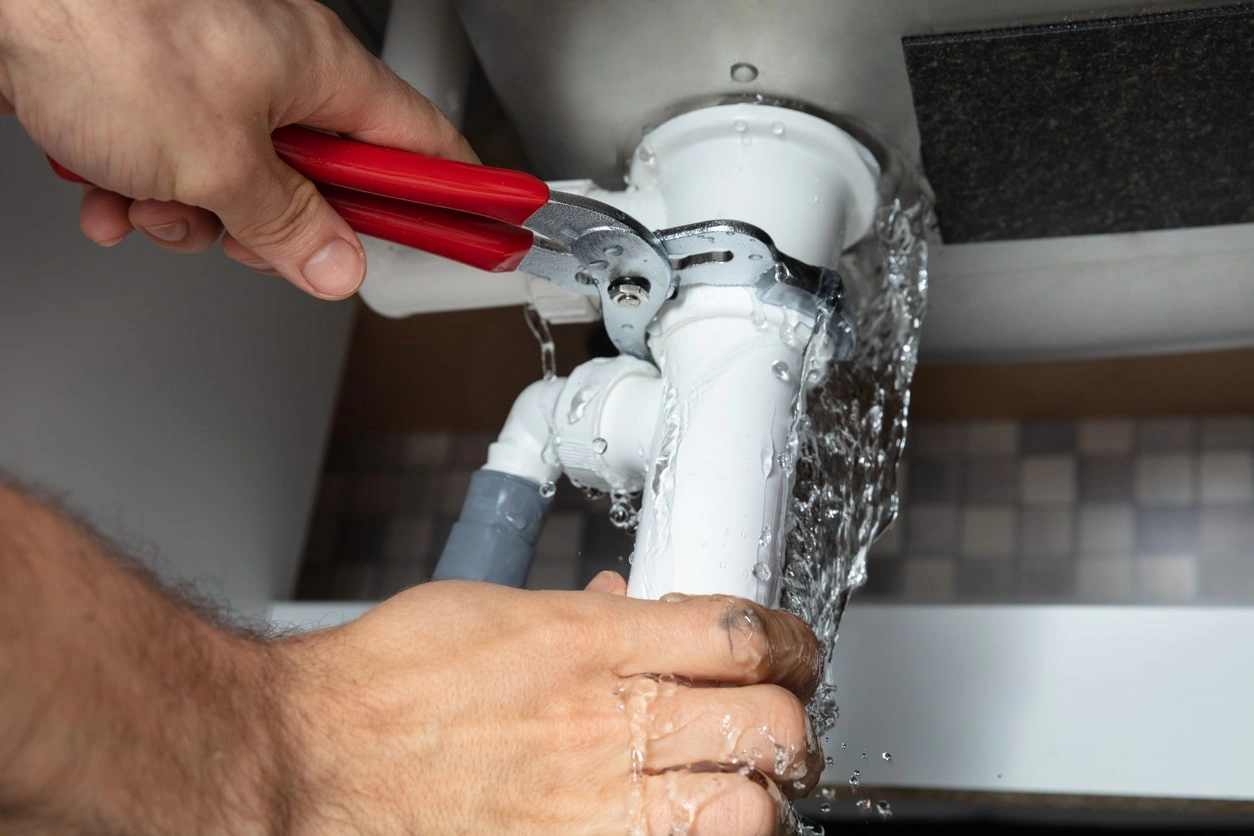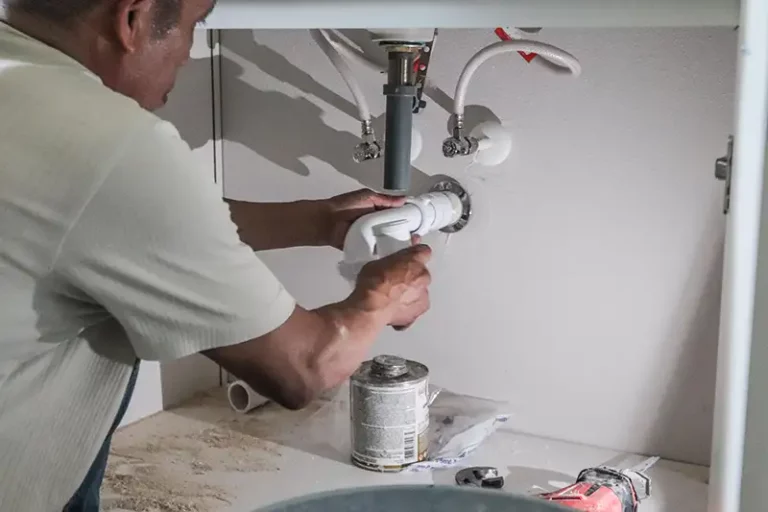Water leaks have long been a silent but significant menace across various industries. For Industry QA professionals, the issue is particularly pressing due to its potential to cause unexpected disruptions, quality compromises, and operational inefficiencies. This is where the conception of the automatic water shut-off leak detector comes in, a revolutionary device that promises not just to detect but also to halt water leaks swiftly. Our focus today is to unravel the importance of these detectors, how they blend into industrial applications, and their unmatched benefits over traditional leak detection systems.
The automatic water shut-off leak detector serves as a vigilant guardian against the unthought-of damages water leaks can cause, from ruining equipment and infrastructure to causing extensive downtime in operations. In environments where efficiency and quality are paramount, such as pharmaceutical or food production plants, the ability to immediately stop water leaks protects both products and critical production timelines.

What is an Automatic Water Shut-Off Leak Detector?
An automatic water shut-off leak detector is an advanced device that identifies leaks in water pipelines and immediately closes the main water supply line to prevent further damage. This technology employs a series of sensors connected to a control system, providing real-time monitoring and quick response to potential water-related threats. The ease of integration and adaptability of these systems into existing infrastructure make them a valuable ally for QA professionals concerned with maintaining production quality and safety.
Key Features of Automatic Water Shut-Off Leak Detectors
Real-Time Monitoring
One of the standout features is their ability to offer continuous, real-time monitoring. This constant vigilance ensures that any deviation from the normal water flow, indicative of a potential leak, is swiftly detected, allowing immediate measures to be taken to mitigate further risks.
Immediate Response
Upon detecting a leak, these detectors automatically trigger an alert and shut off the water supply. This capability is critical in factory and production settings where every minute of downtime can lead to substantial quality issues and financial losses.
Easy Integration
Today's automatic detectors are designed for seamless integration into existing industrial systems. Whether it's through IoT platforms or direct analog inputs, their flexibility ensures they can be adapted into various operational environments without significant infrastructural changes.
Why Industry QA Leaders Should Care
For those in Industry QA, maintaining high-quality standards is the core focus. Water damage from leaks can compromise both the quality of products and the safety of workers. By promptly dealing with leaks, these systems prevent the contamination of products and ensure a safe working environment, aligning with quality assurance standards and regulations.
Moreover, adopting these systems demonstrates a proactive stance on sustainability and safety. For industries looking to minimize their environmental footprint, automated leak detection is a key component in reducing water waste and preventing environmental contamination.
Comparing with Traditional Systems
Traditional leak detection systems often relied on manual inspections or set schedules to identify potential issues. However, these methods can be time-consuming and are not infallible. Unlike traditional methods, an automatic water shut-off leak detector works continuously, doesn't rely on human vigilance, and catches leaks before they grow into bigger problems. This shift significantly reduces response times and increases the chances of preventing damage altogether.
Exploring Further Benefits
An automatic water shut-off leak detector does more than just protect assets; it offers a competitive edge by enhancing operational efficiency. Industries can expect to see reduced insurance premiums and fewer repairs due to mitigated leak impacts, making these systems a wise investment. Additionally, these detectors often learn from detected patterns, improving their effectiveness over time.
For more insights on the advantages and potential considerations when integrating smart leak detection systems, you can explore the pros and cons of smart leak detection systems.
Integration and Implementation Challenges
Despite their benefits, integrating an automatic water shut-off detector can face hurdles, such as the initial installation costs and the need for calibration to fit specific industrial applications. However, the long-term advantages often outweigh these initial challenges, as highlighted in real-world applications discussed by experts at Enterprise Leak Detection Solutions.
Moreover, industries with complex piping systems may require tailored solutions, which involves examining the overlap in existing monitoring systems as described in the Inline Water Sensor approach.

FAQs
1. How does an automatic water shut-off leak detector differ from standard detectors?
Automatic detectors not only detect leaks but also stop the water flow immediately, whereas standard systems may only alert operators.
2. What industries benefit the most from these systems?
Industries with significant water usage and quality control needs, such as food production, pharmaceuticals, and chemical manufacturing, see the greatest benefits.
3. Are there any ongoing maintenance requirements?
Yes, periodic tests and maintenance are recommended to ensure the system continues operating at peak efficiency.






